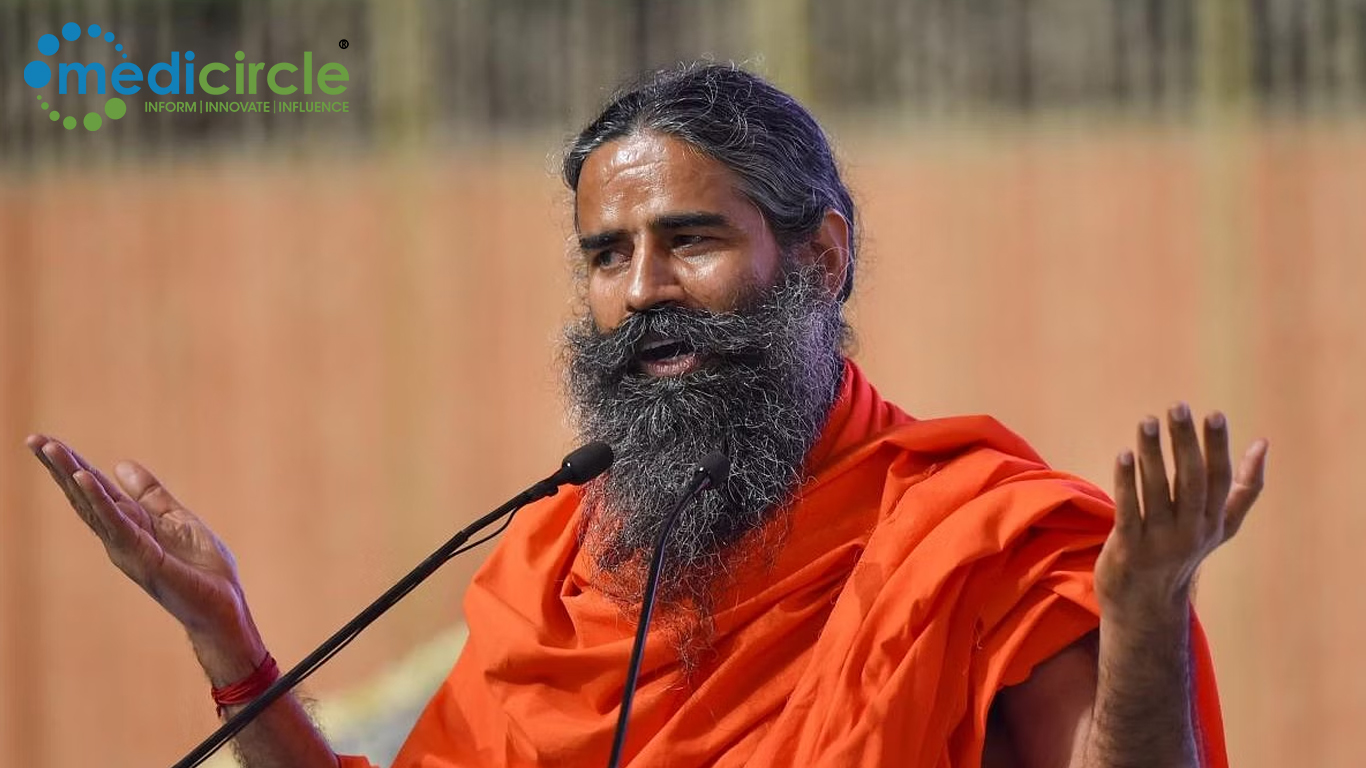In a significant ruling, the Delhi High Court has ordered Baba Ramdev and his associates to remove all statements and posts that claim allopathic medicine and doctors caused deaths during the COVID-19 pandemic. This interim order, issued by Justice Anup Jairam Bhambhani, aims to prevent the spread of misinformation that could endanger public health and tarnish the reputation of Ayurvedic medicine.
The court expressed concern that promoting Coronil as a cure for COVID-19 could mislead the public. The court noted that such branding might constitute mislabeling or misbranding under the Drugs and Cosmetics Act, 1940. However, it left this determination to the competent authorities.
Various doctors associations filed the lawsuit against Ramdev, arguing that his claims about Coronil were not supported by scientific evidence. They contended that Coronil is only licensed as an "immuno-booster" and not a cure for COVID-19. The plaintiffs included associations from prestigious institutions like AIIMS Rishikesh, Patna, Bhubaneswar, and others.
The court has given Ramdev and his associates three days to remove their claims from social media. If they fail to comply, social media platforms will be required to take down the misleading content.
The lawsuit also highlighted the potential damage to public trust in allopathic treatments and COVID-19 vaccines. The doctors associations argued that Ramdev's statements could undermine public confidence in proven medical treatments during the pandemic.
Justice Bhambhani pointed out that promoting unverified claims about Coronil could harm the reputation of the ancient Ayurvedic system of medicine. The court emphasized the importance of protecting public health and ensuring that medical claims are based on scientific evidence.
In 2021, several doctors associations, including those from AIIMS and other prominent medical institutions, filed a lawsuit against Ramdev. They argued that his claims about Coronil as a cure for COVID-19 were misleading and lacked scientific validation. These associations contended that such statements could endanger public health by promoting unproven treatments.
The Delhi High Court's interim order highlights the importance of accurate and evidence-based information in public health. During the COVID-19 pandemic, misinformation can have serious consequences, including undermining trust in effective treatments and vaccines. By ordering the removal of misleading claims about Coronil, the court aims to protect public health and ensure that medical treatments are based on scientific evidence.
The Delhi High Court's decision to order the removal of misleading claims about Coronil by Baba Ramdev and his associates is a significant step in combating misinformation. This ruling highlights the importance of ensuring that medical claims are supported by scientific evidence to protect public health. As the court's order takes effect, it serves as a reminder of the critical role that accurate information plays in public health and the need to uphold the integrity of medical treatments during the COVID-19 pandemic.

 Justice Bhambhani pointed out that promoting unverified claims about Coronil could harm the reputation of the ancient Ayurvedic system of medicine.
Justice Bhambhani pointed out that promoting unverified claims about Coronil could harm the reputation of the ancient Ayurvedic system of medicine.










.jpeg)


.jpeg)



.jpeg)
.jpeg)






.jpeg)





